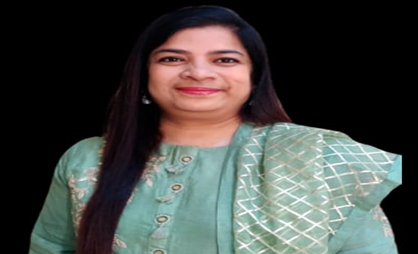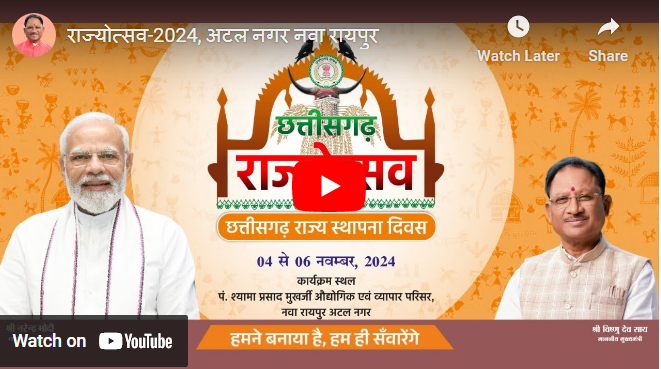Raipur (The States. news) Every year, International Women’s Day is celebrated on March 8 to spread the message of gender equality and work together in making a better society where there is no gender bias and this year United Nations has declared it as the theme for this year. Everyone is affected by gender inequality – women, men, trans and gender diverse people, children and families. It revolves around people of all ages and backgrounds, also affecting the overall health and happiness of the people and community.
Gender inequality leads to health risks for women and girls globally. It also poses barriers for women and girls to access health information and critical services, including restrictions on mobility, lack of decision-making autonomy, limited access to finances, lower literacy rates and discriminatory attitudes of healthcare providers. There has been limited empowerment and participation of women based on prevailing local customs, beliefs and practices. In our society, a female plays a pivotal role in a family. They are more open to access health services and adopt preventive remedies thus maintaining a balance between both – physical and mental health. Health does not just refer to medical conditions or just to sexual and reproductive health, it refers to a general state of physical, mental and social wellbeing which is affected by a wide variety of factors that include nutrition, economic and work conditions, cultural norms, and educational opportunities. A women is more closely related to bringing physical and mental harmony in the family as she serves in various capacities – a mother, a sister, a daughter etc. If she is empowered with equality to what our society offers to the male counterpart definitely it affects the family and inturn our society
Measures should be taken to reduce the gender bias. This will be possible with improvements at the health care and provider levels and interventions aimed at decreasing social and structural barriers. At the top of the list is empowering girls and women and applying a human rights framework that ensures that high quality health care is available and accessible to mothers and children who need it eg. especially around access to family planning and prenatal antenatal care and postnatal care, nutritional supplements, effective immunization, cancer screening programmes at a mass level, educational programmes that aim at improving literacy and reduce physical or sexual violence.












